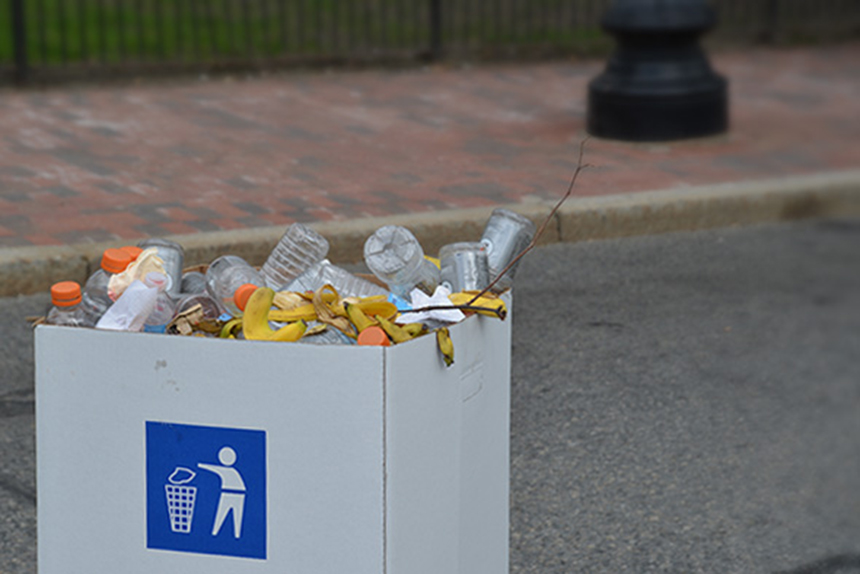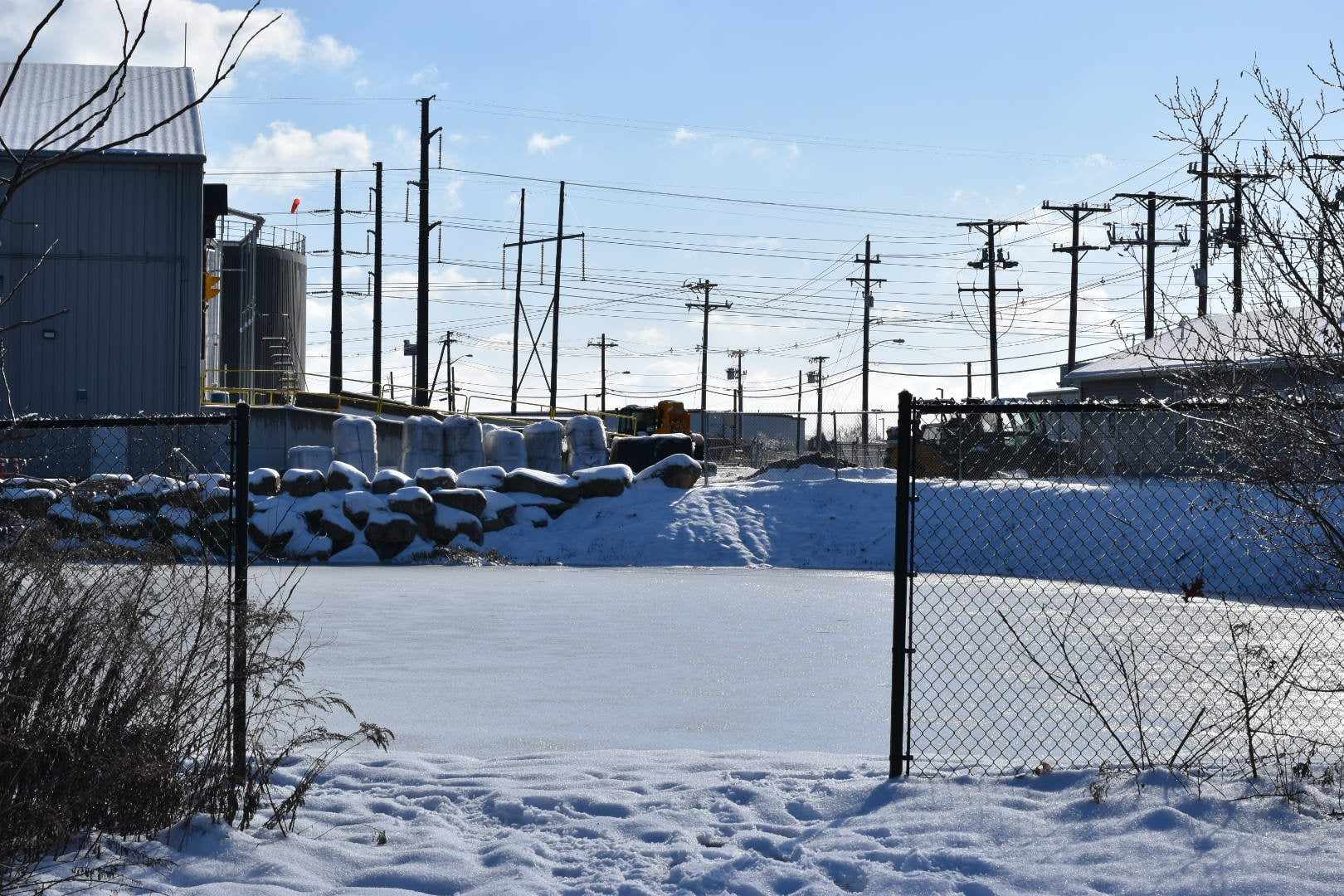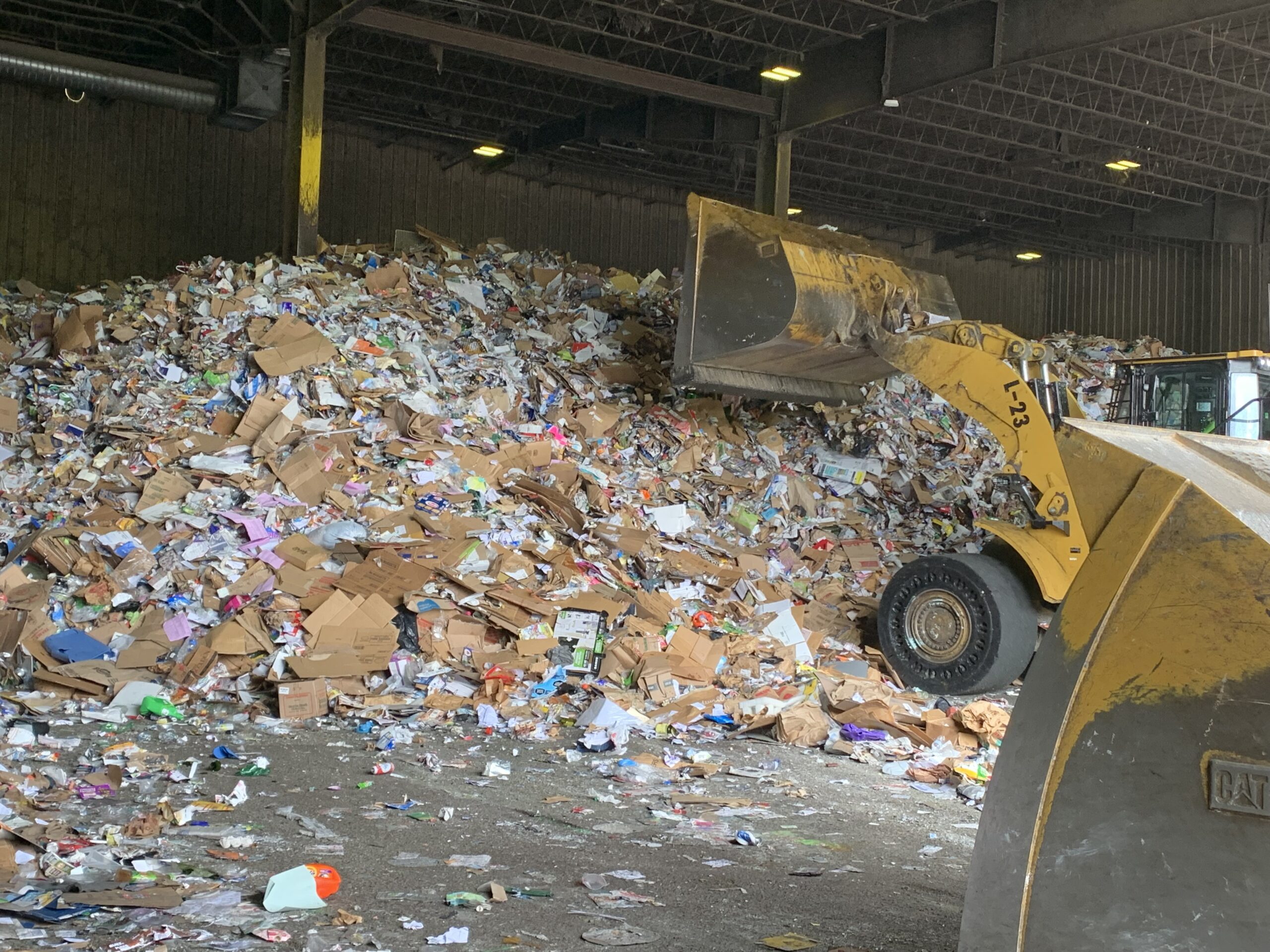Rhode Island Battles Culture of Waste
January 4, 2010
A culture of waste, which began gaining steam in the decades following the Civil War, when the burning of coal helped ignite a society of hyper-consumerism, has become so ingrained in the American way of life that even somewhat less wasteful tasks are perceived as annoyances.
Take, for example, Providence’s recent “no bin, no barrel” approach to recycling. In early November, the city began requiring residents to place their green and blue recycling bins on the curb next to their trash bins. If they failed to comply, their trash would not be collected.
The well-publicized and benign mandate caused chaos.
Some residents ignored the requirement and let their trash and recyclables pile up in front of their homes, causing a public nuisance and a potential public health problem.
The Providence City Council responded by drafting a resolution that would have temporarily suspended the recycling program. One City Council member referred to Mayor David Cicilline and his administration has “bozos” and another sarcastically said “you can’t ‘green up’ Providence if you don’t pick up the garbage.”
Both of these elected public officials failed to understand the difficulty associated with changing the way things are disposed of in a throwaway society. They wanted to reward the offenders for continuing to carelessly pile their waste at the curb and instead chose to chide those trying to better the environment, if only slightly, save taxpayers money and help extend the life of the Central Landfill in Johnston.
“Moving a culture away from where anything they dumped at the curbside would be picked up to requiring people to recycle is a big change,” said Daisy Diaz Rivera, associate director of Environmental Services for Providence Department of Public Works. “Before it was anything goes. Overflowing bins and stuff left all over the curbside were picked up. This is a culture change in the making.”
The recycling culture in Providence is slowly changing and old behaviors abandoned, thanks to the two-month-old “Green Up Providence!” campaign. In the first four weeks of the program, the amount of collected recyclables increased from 119.21 tons (Nov. 2) to 222.96 (Nov. 23), according to Diaz Rivera.
Central Landfill getting crowded
Rhode Island’s 39 cities and towns pay $32 per ton of garbage sent to the Central Landfill in Johnston, but pay nothing for recyclables.
For years, Providence’s recycling rate, which fluctuated between 9 percent and 10 percent, has been the worst in the state. In an effort to better that, Cicilline launched the aforementioned “Green Up Providence!” recycling program in hopes of doubling that rate, which he said would reduce the cost of waste-disposal fees at the landfill by nearly $300,000 and bring the city closer to the state mandate of a 35 percent recycling rate for all municipalities by 2012.
Eight other Rhode Island communities — Coventry, Cumberland, Cranston, East Providence, Lincoln, North Smithfield, Smithfield and Tiverton — have adopted similar “no bin, no barrel” ordinances. Pawtucket is working on a pay-as-you-throw trash program to reduce the amount of waste it sends to the Central Landfill.
In fact, more than 100 New England cities and towns, including Middletown, have adopted a pay-as-you-throw trash model. Similar programs also have been established in more than 7,000 cities nationwide. Such a system charges residents for garbage disposal the same way they are charged for electricity or gas: by the amount they consume. Communities that have adopted this model have averaged 43 percent reduction in residential trash headed to landfills.
These local efforts are welcome news to Mike O’Connell, the executive director of the Rhode Island Resource Recovery Corporation, which oversees the Central Landfill. The disposal capacity of the landfill is a valuable and limited resource to the state. Even with expansion, the 210-acre landfill could reach its full capacity within 20 years, according to the Resource Recovery Corporation.
For that reason, OConnell is working on decreasing the approximately 2,500 tons of municipal and commercial waste per day that are dumped in the landfill. Reducing commercial waste is much easier, since private companies are not required to bring their debris to the Johnston landfill. The Resource Recovery Corporation charges businesses $47.50 per ton, which is higher than what incinerators and most other landfills in southern New England charge.
Rhode Island’s 39 municipalities, though, must bring their trash to the landfill.
“People complain about the amount of money we give to Johnston, but when I tell them we’ll give you the same deal if your community hosts a landfill, I get no takers,” OConnell said. “We’re not going to get another town to sponsor a landfill, so we need to extend the life of the one we have.”
Unlike most business models, the new leadership team at the Resource Recovery Corporation is working on making its business smaller, which means dumping less material into its “engineered hole in the ground.”
In 2006, the Resource Recovery Corporation buried 1.2 million tons of waste in the landfill, according to OConnell. A year later, that amount dropped to 635,423 tons, which is about the annual level OConnell wants to maintain.
Talking trash
Recycling and the future of the Central Landfill were among the topics discussed last week during a public forum held at the Apeiron Institute for Sustainable Living in Providence. The discussion centered on reducing waste, and featured four knowledgeable speakers on the subject — Sheila Dormody, director of Clean Water Action Rhode Island; Amelia Rose, lead organizer for the Environmental Justice League of Rhode Island; O’Connell and Diaz Rivera.
Since the early 1900s, American communities have struggled to collect garbage, which at that time consisted mostly of ash produced from heating homes and cooking food, Dormody said.
But as the United States rapidly developed into the world’s largest economy, wastefulness, rather than thrift, became society’s acceptable way to live. More and more disposable products have found their way to curbsides and into dumps and landfills. Ash, on the other hand, is the only category of municipal waste that has decreased during the past century.
By the time the inaugural Earth Day was held in 1970, these landfills were experiencing significant problems with leachate and methane. To address the problem, waste burning enjoyed another revival, and new incinerators were built.
The United States now has 87 incinerators in operation, including seven in Massachusetts and six in Connecticut, to deal with our growing heaps of waste.
That option isn’t available in Rhode Island, as the Ocean State, for the past 15 years, has banned trash incineration because it’s dirty, dangerous and it burns resources that otherwise could be recycled, according to Clean Water Action. Dormody said incinerators also discourage real solid-waste management.
OConnell told the audience at last week’s forum that he spent the past year studying the idea of reintroducing incinerators, but, after initially leaning in favor of such a plan, agreed with Dormody — for a different reason. Such facilities are not economically viable.
Some research also has determined that incineration is the least energy-efficient way of dealing with mixed waste.
Since the Central Landfill is the only place municipalities can dump their waste, Rhode Island must have sound solid-waste management practices in place, or face the costly and environmentally detrimental prospect of exporting its solid waste out of state.
Besides bettering municipal recycling rates, the state will need to get a handle on electronic waste, which OConnell said “is a serious problem,” and deal with organics, which he said “are the next big pile of waste we will need to address.”
Computers originally were hyped as tools to reduce waste — they were once touted as the means to a paperless office — but their technology ushered in a new era of toxic e-waste.
Electronic waste is now the fastest-growing part of the waste stream — in 2007, Americans disposed of 2.25 million tons of TVs, computers, cell phones, fax machines, printers and scanners, according to the Environmental Protection Agency — and it poses another set of problems for local solid-waste management programs. These products contain both precious metals and toxic pollutants, and, increasingly, local governments are expected to spend more and more taxpayer money managing this growing problem.
There is, however, a nationwide movement afoot that shifts the financial burden of safely disposing of electronic waste from taxpayers to manufacturers. Nineteen states, including Rhode Island, and New York City have adopted “producer responsibility” laws. Washington, for example, has collected nearly 30 million pounds of electronic products in less than a year since that state implemented such a program.
Dormody said producer responsibility laws persuade electronics manufacturers to create more durable and less toxic products that are easier to recycle.
“The problem from a volume standpoint started when government started taking away stuff people just didn’t want anymore even though it was still useable,” she said. “We set up a system that encourages this to happen.”
Of course, solutions to many environmental problems require some sacrifice from powerful industries, and producer responsibility laws are no exception. Two trade groups, the Consumer Electronics Association and the Information Technology Industry Council, are suing New York City over its e-waste recycling law, which will make electronics manufacturers provide free collection of electronics weighing more than 15 pounds, including “orphan” waste made by now-defunct manufacturers.
At the federal level, several e-waste bills have been introduced in Congress over the years but none have passed. Like most special interests, the electronics industry pays its lobbyists well. In April, the House did authorize the Environmental Protection Agency to award grants promoting e-waste recycling. The Senate still hasn’t taken a vote.
All four speakers at last week’s Apeiron Institute forum also mentioned they would like Rhode Island to start curbside composting, but understand the difficulty such a program would present.
“In order to get people to compost, we probably need to get them to recycle first,” Rose said.
Categories
Join the Discussion
View CommentsYour support keeps our reporters on the environmental beat.
Reader support is at the core of our nonprofit news model. Together, we can keep the environment in the headlines.
We use cookies to improve your experience and deliver personalized content. View Cookie Settings



